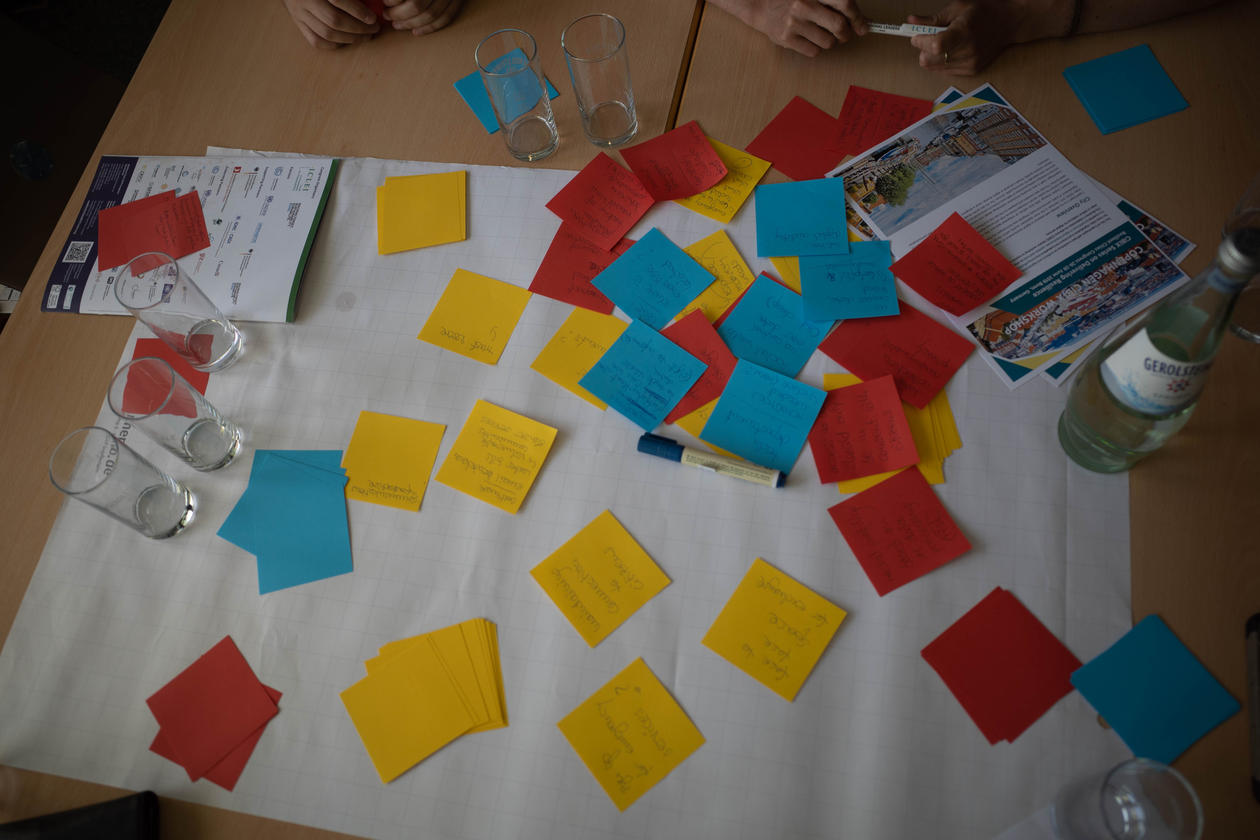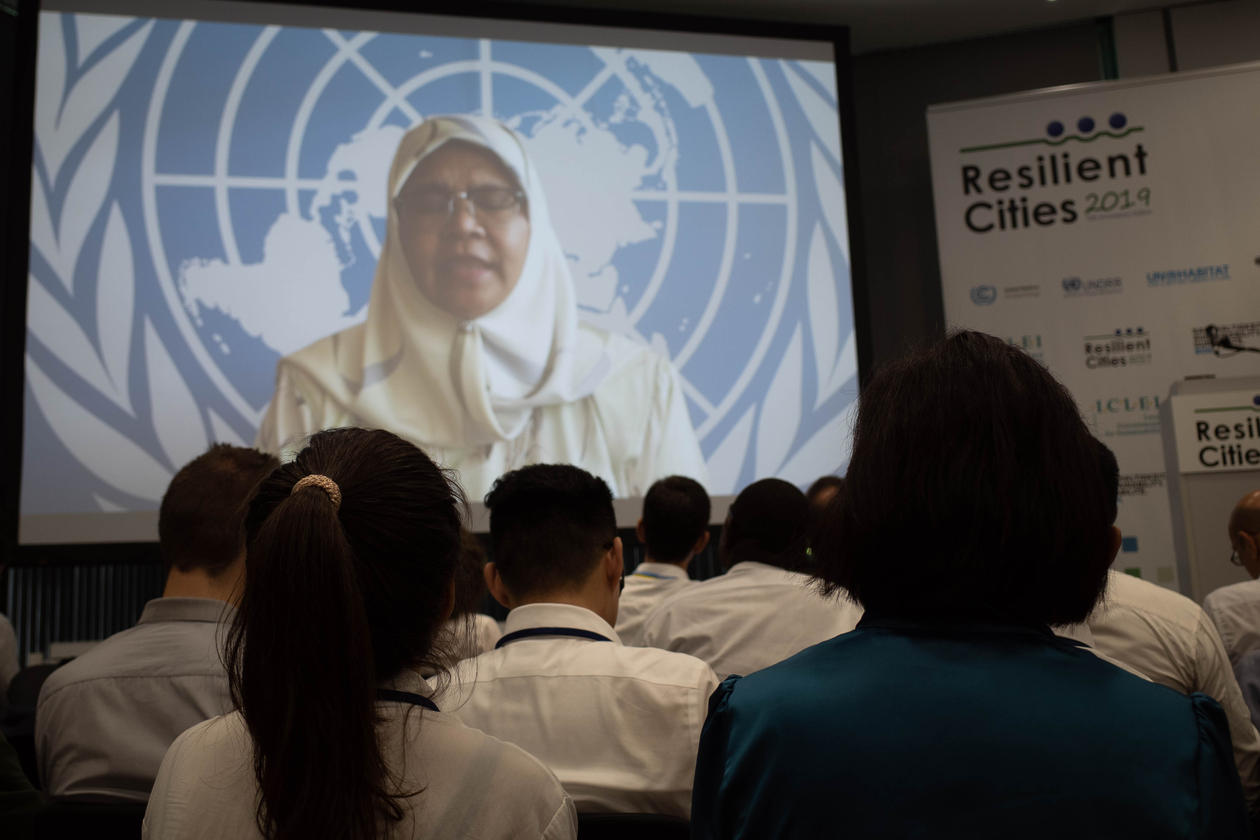(Infra)structures of security and resilience
What is PhD candidate Anders Rubing's research all about?

Main content
What is your project about?
My project, with the working title '(Infra)structures of Security and Resilience', wishes to unpack how visions of different urban futures are produced by urban security- and resilience-discourses. Urban resilience understood as the potential for an urban system to bounce back or evolve after a crisis or attack.
The project is looking at how urban resilience and security is discussed in national and international conferences and convention and how the discourse between practitioners, academics, and policymakers can be productive of different visions of an urban future. At the project's core is how these urban futures are affecting populations rendered vulnerable, such as migrant groups and gendered and racialized groups.
How will you gather data and what kind of data?
I will take part in international conferences and exhibitions on urban resilience and security and critically scrutinise these. My method is participant observation. I am accepted as an observer in a national committee on security. Of central importance is also studies of documents such as policy documents, web pages, newsletters and other media postings for international networks planning these conferences and in addition, their commercial collaborators. If some of the places I visit turns out to be interesting cases I will deploy my tools as an architect and urbanist to examine the spacial effects of the problems and solutions these networks discuss.
How was your first field work experience in Bonn June 2019?
The first fieldwork at the Resilient Cities 2019 conference in Bonn, indicated how resilience is discussed at certain levels of governance. ICLEI is an organization operating at both local and international scale but not the national. This created some tensions at the conference between local hands on governance and international discussions and trends that tend to be more theoretical. What became apparent for me was how to continue the fieldwork at other conferences that target other levels of governance.
What is the societal relevanse of your project?
The project is financed by University of Bergen in relation to the priority area of UN Sustainable Development Goals (SDG). Security and resilience in urban areas and in infrastructures is important is SDG 9, 10 and 11. Resilience is described by the UN as a governing model that will reply to complex questions in a complex world and in a future that is unpredictable and uncertain. My project is contributing to the SDGs goals through critically addressing problems for the future such as challenges in migration, insecurity and resilience in global cities.
Architect, lecturer and research disseminator
Anders Rubing is an architect and has for the last couple of years been researching the intersection between security and rights to democratic exchange in the city and how physical security affects cities and other urban systems and its users. Rubing was co-editor for the award-winning book The City between Freedom and Security. Contested Public Spaces in the 21st Century that circled the themes mentioned above. The book received Dam Architectural Book Award 2017 and Svensk Bokkonst 2017. Anders has been published in books internationally and is a frequent writer in Norwegian architecture magazines.
He is an often-used lecturer on security, architecture and the right to the city. Rubing have also been designing a broad spectre of architecture, urban plans, and public art commissions.
Rubing is running 'Teori og Praksis', a platform to lift a debate around the built environment in relation to economy, politics, and lived life. Rubing was educated at Bergen School of Architecture (BAS) where he finished with distinction 2012. He is currently teaching at master level and supervising diplomas at BAS. He is a freelance architecture critic at Arkitektur N.

